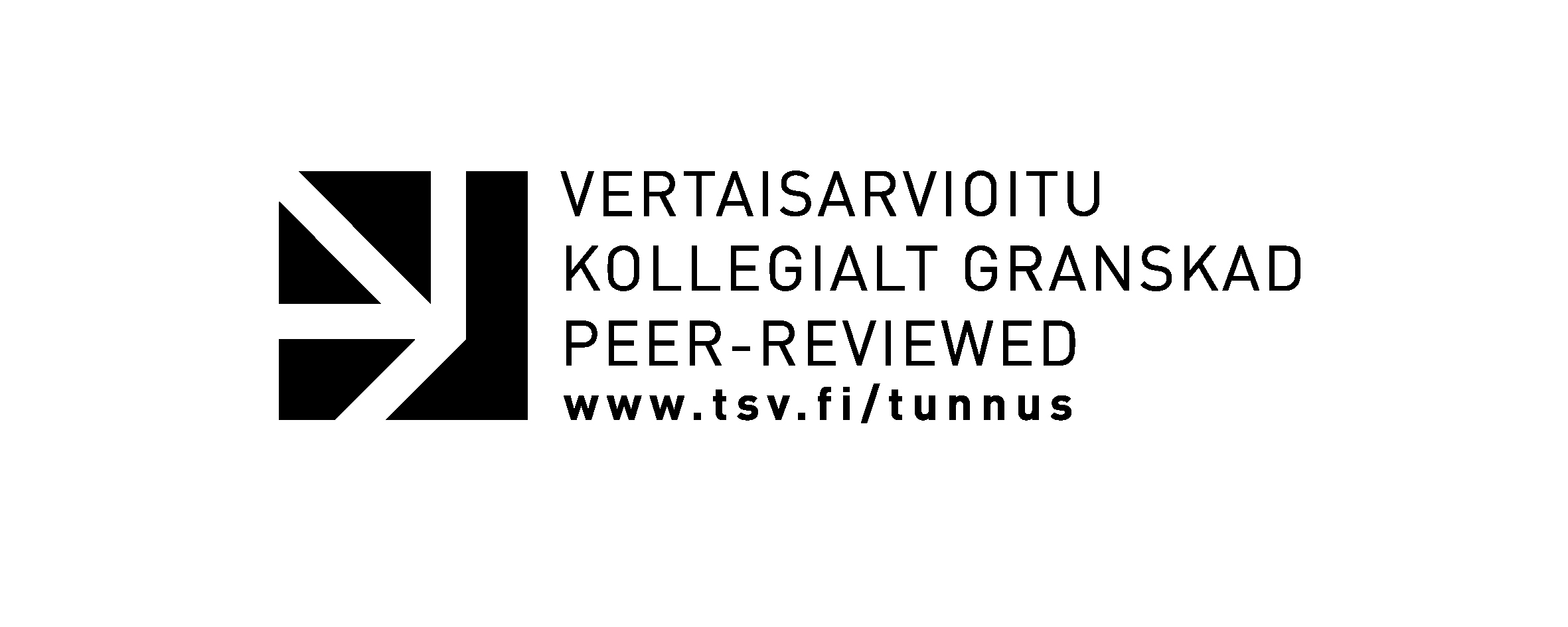Everyday Life Yesterday and Today
Abstrakti
Metaphysical philosophies very rarely showed interest in everyday life. Their interest was vested in the unchanging, the eternal, the homogenous, the systematic, whereas everyday life is changing, heterogeneous, chaotic. Everyday knowledge is pragmatic, and in everyday life men and women accept as truth the kind of knowledge one can generally rely upon, whereas metaphysics was involved in grasping the Absolute. Only since the times of the Enlightenment has a theoretical/philosophical interest in everyday life started to develop. These were also the times when anthropology and sociology emerged. Since their beginnings, anthropology and sociology turned towards the understanding of forms of life. Yet forms of life are first and foremost forms of everyday life and even sweeping generalizations and structural descriptions of a culture are based on the understanding of the everyday life of the people whose culture it is. Moreover, the anthropological concept of culture was shaped simultaneously with the growing interest in everyday life. The meaning of the word "culture" underwent many changes, yet it was only since the 19th century that by "culture" was understood the way of life of a people or a group of people independent from the character of the way of life. One can still mean by "culture" exclusively the kind of works of art, literature and philosophy that are detached from daily life, yet one can also speak of culture in the general sense, including everything that characterizes everyday life, any everyday life. Cultures in this sense are concrete, and it is not the task of philosophy to speak of any single one. This is the concern of anthropology and sociology. I choose instead a more general approach, in which I will contrast the way of life in modernity with the ways of life of all pre-modern kinds of cultures. First l will describe the general features of everyday life, that is the features which are shared by both, for they are the necessary condition of human life in general. Second, I will briefly discuss a few features of everyday life in modernity which essentially differ from all the very divergent pre-modern ones, due to the very specific character of modern societies.







